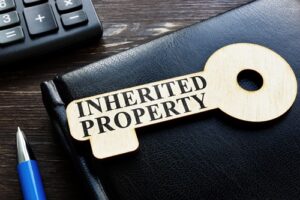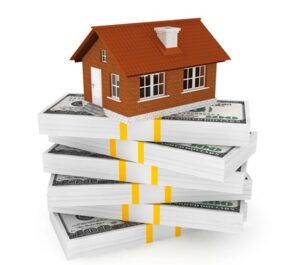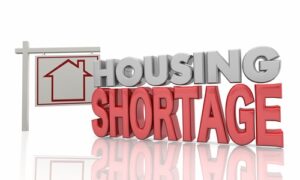
If you’re exploring your retirement options, partnering with the right reverse mortgage lender can be incredibly beneficial. But how do you find someone trustworthy, knowledgeable, and truly focused on your financial well-being? Since this decision significantly affects your retirement years, carefully choosing your lender becomes crucial. Let’s explore step-by-step how to select a reliable reverse mortgage lender who meets your specific needs.
Why selecting the right reverse mortgage lender matters
Choosing the appropriate lender isn’t just about convenience. Actually, it ensures you’ll have a positive experience that truly benefits your long-term financial situation. In contrast, a rushed or poor decision could lead to misunderstandings, hidden fees, or even financial regrets. Therefore, careful selection can safeguard your retirement years and provide peace of mind.
What qualities make a good reverse mortgage lender?
When researching lenders, there are certain key characteristics you should look for. Specifically, experience, credibility, transparency, and overall customer satisfaction are crucial qualities for any reverse mortgage lender.
Read More How to Find the Best Reverse Mortgage Lender for Your Needs









